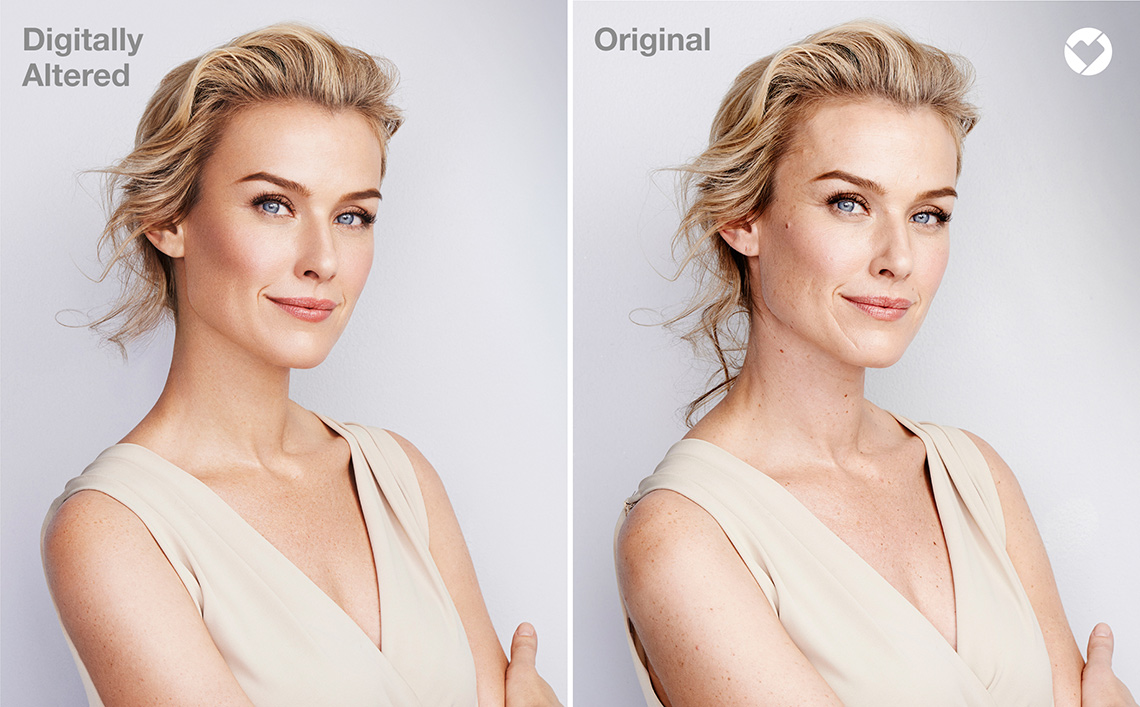AARP Hearing Center
The picture-perfect world of beauty advertising is about to get a shot of reality.
CVS Pharmacy has announced it is banning the use of photo manipulation in the beauty imagery the brand creates for in-store promotions, websites, social media and marketing products. It also wants other companies to follow suit.
CVS’s new Beauty Mark initiative aims to provide a more transparent and realistic view of beauty without the use of tools such as Photoshop to alter or enhance looks, including skin or eye color, wrinkles, shape, size, proportion or any other key features. The company plans to implement the new policy immediately, it announced, and will add a Beauty Mark watermark to all images that comply with the non-retouched standards. CVS is also working with a host of other beauty companies and brands to make similar changes, with the goal for all beauty imagery in the store to reflect this new focus by 2020.
"As a woman, mother and president of a retail business whose customers predominantly are women, I realize we have a responsibility to think about the messages we send to the customers we reach each day," Helena Foulkes, president of CVS Pharmacy and executive vice president of CVS Health, said in a news release. "The connection between the propagation of unrealistic body images and negative health effects, especially in girls and young women, has been established. As a purpose-led company, we strive to do our best to assure all of the messages we are sending to our customers reflect our purpose of helping people on their path to better health."
The move by CVS comes after an increasing number of celebrities, organizations and even the American Medical Association have denounced the use of heavily retouched images. In May 2017, a French law went into effect that requires all magazine images that have been altered for size and weight be labeled. Getty Images, the largest stock photo agency in the world, responded by announcing in September 2017 that it would no longer accept images "depicting models whose body shapes have been retouched to make them look thinner or larger."






























































